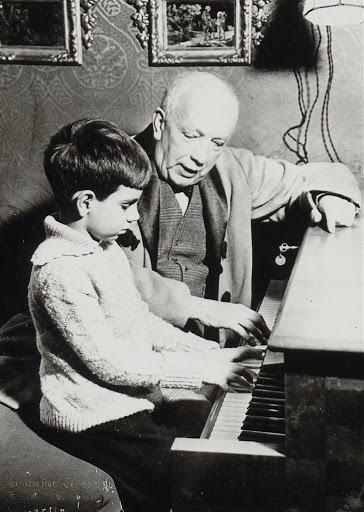Czech Philharmonic returns to Mahler
mainThe orchestra has unrolled its first Semyon Bychkov season.
The season will open and close with Mahler – 2nd and 9th symphonies – with Berio’s Mahlerian Sinfonia in between.
The Czech Phil has long shed the Mahler reputation it acquired under Ancerl and Neumann in the 1960s. This season marks a return.






Comments